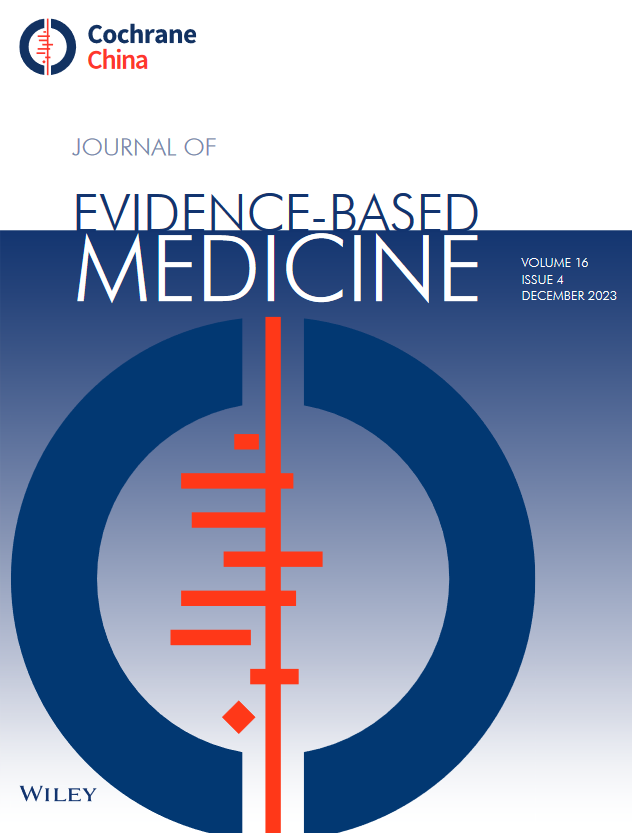Systematic Review and Network Meta-Analysis of the Comparative Effectiveness of Adherence Enhancement Strategies in Chronic Kidney Disease
Abstract
Objective
To evaluate and compare the effectiveness of adherence-enhancement strategies in patients with chronic kidney disease (CKD).
Methods
Nine databases (PubMed, Embase, The Cochrane Library, Web of Science, Scopus, CNKI, VIP, WanFang, and CBM) were searched for randomized controlled trials (RCTs) to April 1, 2025. Two reviewers independently screened, extracted data, and assessed risk of bias with the Cochrane Risk of Bias 2.0 tool. Certainty of evidence was appraised using the Confidence in Network Meta-Analysis (CINeMA) tool. Network meta-analysis was performed, and surface under the cumulative ranking curve (SUCRA) was calculated to rank interventions. The review was registered in PROSPERO (CRD42024604771).
Results
Thirty-five RCTs with 5084 patients were included. Evidence quality was limited by high risk of bias and low certainty. For medication adherence, education plus phone follow-up with short message service education showed the greatest effect (standardized mean differences [SMD] = 2.15, 95% confidence interval [CI] 1.09–3.21; SUCRA = 98.7), followed by empowerment (SMD = 1.19, 95% CI 0.20–2.18; SUCRA = 82.1). For diet adherence, education with phone follow-up was most effective (SMD = 6.68, 95% CI 5.64–7.71; SUCRA = 100), with empowerment also beneficial (SMD = 1.83, 95% CI 1.23–2.43; SUCRA = 87.9). For fluid adherence, education with medication management and pharmacist follow-up was most effective on scale-based outcomes (SMD = 3.06, 95% CI 2.18–3.94; SUCRA = 99.8), while cognitive behavioral therapy reduced interdialytic weight gain (SMD = −0.76, 95% CI −1.30 to −0.22; SUCRA = 71.1).
Conclusions
Adherence-enhancement strategies improve medication, diet, and fluid adherence in CKD. High-quality RCTs are needed to confirm these findings.


 求助内容:
求助内容: 应助结果提醒方式:
应助结果提醒方式:


